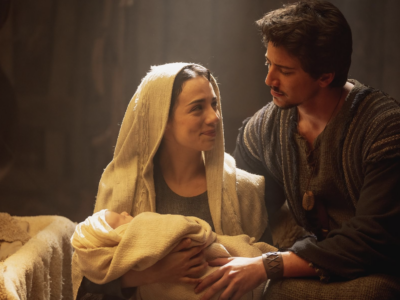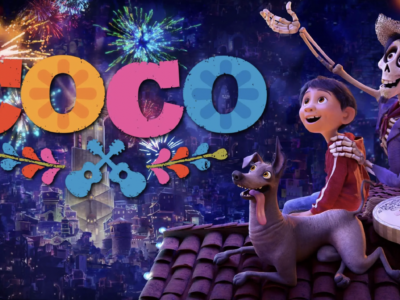The newly minted Academy Award Best Picture nominee Don’t Look Up took the online film community by storm when it dropped ceremoniously into American homes over the Christmas 2021 holiday season.
The end-times saga, directed by veteran comedy-turned-serious filmmaker Adam McKay and populated by the glitziest and most glamorous and respected stars of today, including Leonardo Di Caprio, Jennifer Lawrence, Cate Blanchett, Tyler Perry, Ariana Grande, Jonah Hill, Meryl Streep, and Timothee Chalamet, is as frenetic as it is witty. The film dominated a corner of the cultural conversation for a few weeks.
To some, the film was and is an indictment on the political and cultural atmosphere around the climate change debate, its intended result Mr. McKay would agree. To others, it was past the point of believable, too stylish, and self-righteous. But there is a deeper dynamic at play in this slick, biting Hollywood satire: the search for home.
The film follows a pair of scientists (DiCaprio and Lawrence) who discover a giant, world-killing meteor hurtling toward earth. They spend the movie’s duration trying desperately to get the attention of a polarized, disinterested population.
This fantastical premise notwithstanding, the film is not a harbinger tale of coming doom to a blase world. Indeed, its true depths take root in the back half of the movie when it reveals its core emotional message: the need for family, chosen or otherwise, and the lifelong quest that some have for a home.
No character better embodies this quest to belong than Timothee Chalamet’s dirtbag twenty-something Yule.
The audience meets Yule roughly 90 minutes into the film by way of Lawrence’s character, doctoral candidate Kate DiBiasky. Yule is bumming around with his friends, a less than stellar, non-upright brigade of roustabouts, his backward hat sitting atop long, dirty hair sporting a hand-me-down overcoat filled to the brim with bottles of stolen booze.
This is not a serious young man. Indeed, the audience finds out soon that he is, like much of his generation, adrift.
Still, young Yule sees in Kate some deeper meaning and, in his way, sets out to understand it.
After a booze-filled, abandoned parking lot party, Kate and Yule share their views on God, sprawled out on an old mattress. Yule strikes a surprisingly sincere tone, declaring that “he found his own way” to his view of a higher power. This is the first inkling that there is more to the scruffy young urchin than meets the eye.
From this point in the film, Yule is scarcely ever more than a few feet from Kate’s side, but one gets the sense that it’s more than just a schoolboy crush attracting him to her.
The end, indeed the end of all things, is never far from mind, and this seems to inform every decision, question, and declaration from Yule. He forsakes his running buddies for more (precious) time with Kate, and as the film begins its crescendo, Yule has ingratiated himself into the lives of our main characters. Where Leo and J-Law go, there is young Chalamet, with his same backward hat and dirty hair and the same earnest longing.
For, what? For a family. For a home.
We are left with the nearly final scene of our two main characters flanked by their families – blood and chosen – at the last meal. The meteor is speeding closer and closer, and as it makes impact and the chain reaction of destruction ricochets around the globe, we are brought into a very small, tender moment of a group of loved ones holding hands, preparing to bless their last dinner.
Chalamet’s Yule steps forward with a simple – yet lovely, heartfelt grace that moves the rest of the assembled to the verge of tears. The audience is gifted this moment with Yule, no longer the twitchy, desperate to be cool Gen Z wannabe, but now the brother, son, partner he always wished to be with a family.
This small, quiet moment allows the audience to see that now, even in the face of impending doom (or maybe because of it), Yule is ready for what will come. Because he has found his family, he has found his home. And, his gift to them is prayer.





 Copyright
2024
Root and Vine
Copyright
2024
Root and Vine